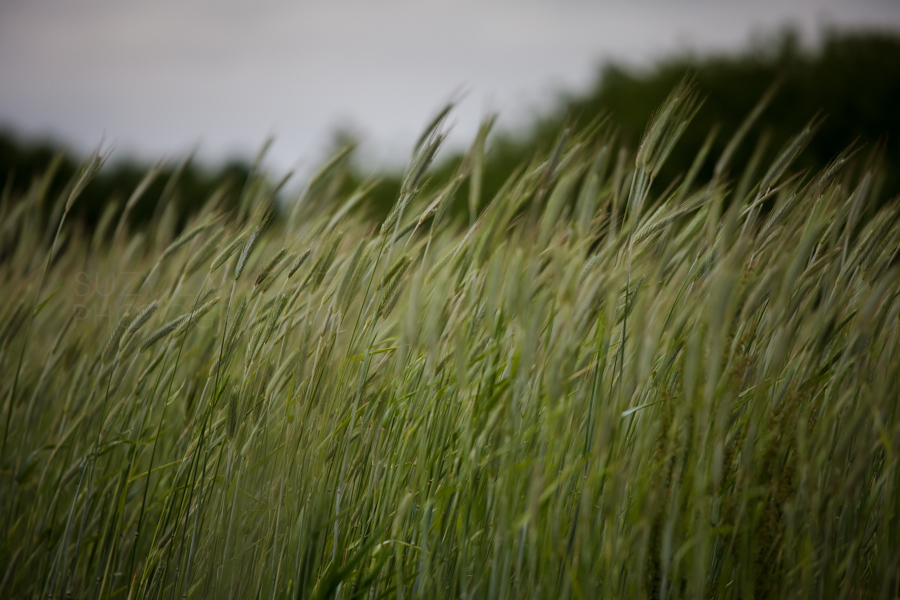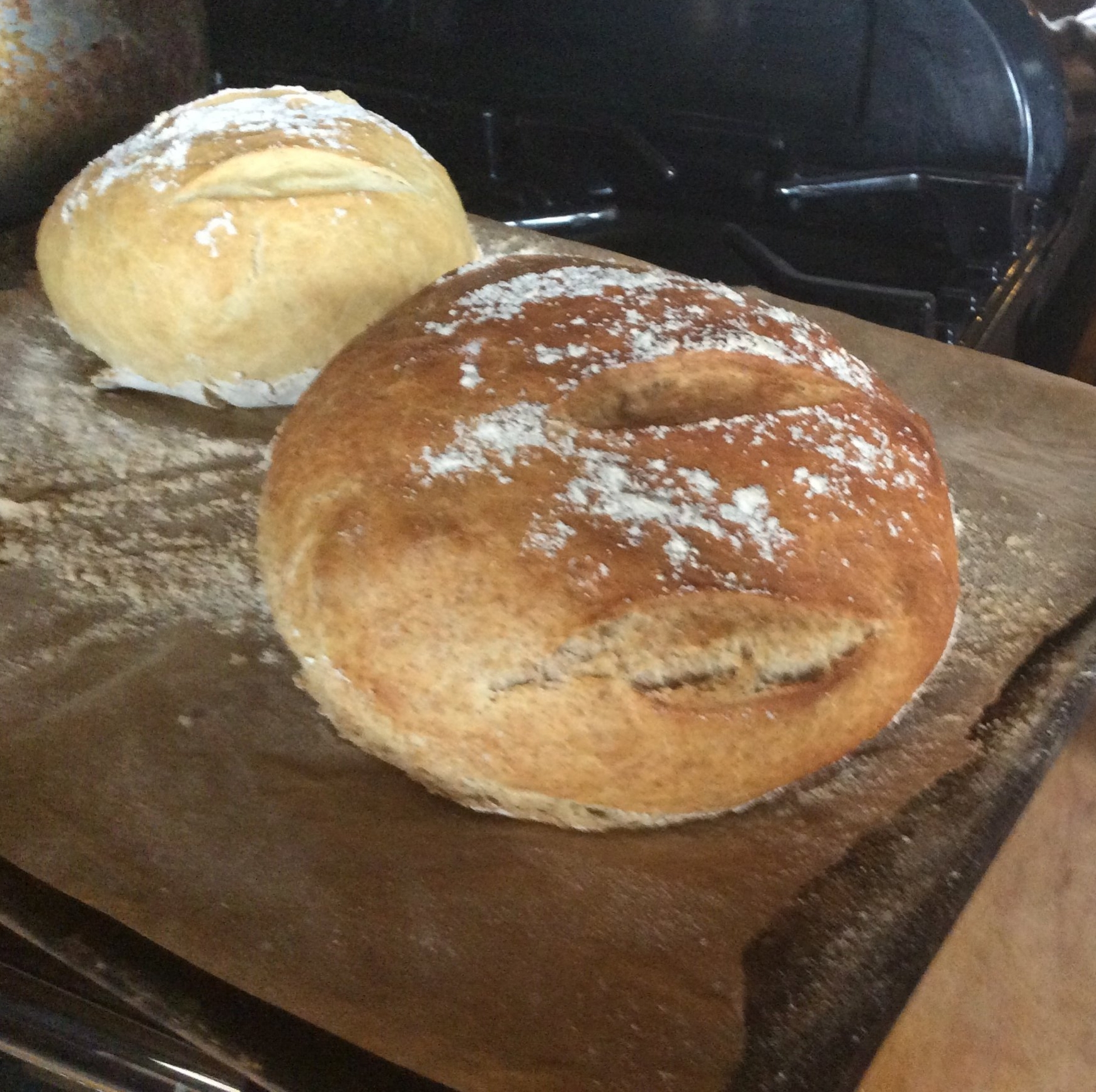SONSET FARM
Spelt
For over two decades, we have been growing an ancient grain called spelt.
Spelt harmonizes well in our annual crop rotation. It is planted and established in the fall leaving
the soil covered for the winter. Red clover is frost seeded in the spring providing another cover
crop to establish and remains there after the spelt is harvested mid to late July. The spelt crop
provides an abundance of straw, which in return is used for bedding our livestock during the
winter months, thereafter being returned to land as compost.
Spelt is a hardy crop that develops a robust hull in which stays intact while harvesting. This hull
protects the grain in the field and in storage, eliminating the risk of rancidity until it is ready for
dehulling and milling. This amazing grain is then sold as whole kernels, whole flour and flakes.
The combined result of a healthy soil, plant life and proper handling produces a highly nutrient-
dense grain that has a pleasant ‘nutty’ flavor. It also has lower gluten content than wheat so people
appreciate having a heritage alternative.
Spelt is milled on our farm using a stone burr mill. Milling and distribution is done weekly, so all of
our flour is fresh.
Using Your Spelt
When baking with the flour on Sonset Farm, whole spelt flour is used exclusively in pie dough,
cookies, muffins and pancakes. When baking bread we generally mix up to 70% spelt flour with
30-40% organic hard wheat flour with good results.
When using kernels, soak overnight covered in water and 1-2 Tbsp. of yogurt, whey or lemon
juice. Cook the soaked kernels in fresh water for 45-50 minutes. Kernels can then be used in place
of rice, in soups, stews, pilafs or in served as a grain salad.
*soaking grains for 8-12 hours will neutralize the naturally occurring phytic acid in grains. This
enables us to better digest the nutrients in our food.
Spelt flakes can be used in place of oat flakes. We use them as porridge; replace them for
breadcrumbs in recipes, in cakes and cookies. (Use them as you would rolled oats)

